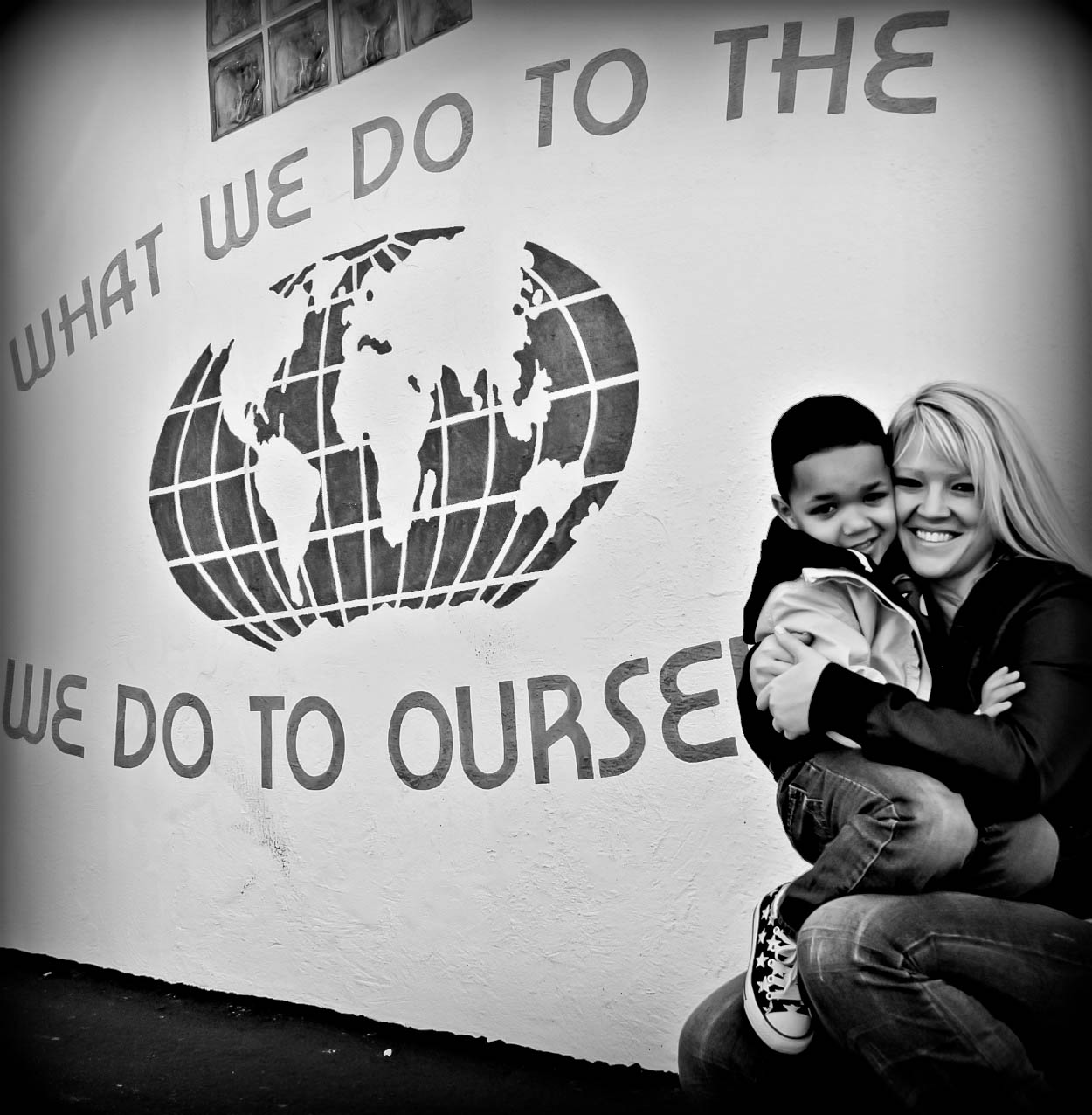
Redefining “Normal” Family Structures
Changing Perceptions One Person at a Time
by: Brook Bonnema
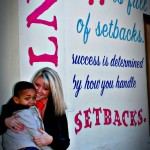 Yes my son is bi-racial, yes he is mine, and no; he is not adopted. We, as a culture, have come a long way in recognizing families of all types. However, I have encountered some recent incidences that have left me smiling at people’s curiosity about a white mother with a bi-racial son. The focus of this article is not to discuss whether the decline of the nuclear family is sad or detrimental or even beneficial, but rather, I want to discuss my own experience with my family appearance and how I have comically handled awkward curiosity. More importantly, I want to lend some possible advice on what not to say to a mother of a bi-racial child.
Yes my son is bi-racial, yes he is mine, and no; he is not adopted. We, as a culture, have come a long way in recognizing families of all types. However, I have encountered some recent incidences that have left me smiling at people’s curiosity about a white mother with a bi-racial son. The focus of this article is not to discuss whether the decline of the nuclear family is sad or detrimental or even beneficial, but rather, I want to discuss my own experience with my family appearance and how I have comically handled awkward curiosity. More importantly, I want to lend some possible advice on what not to say to a mother of a bi-racial child.
In my practice as a mental health professional, we are trained to approach topics head on and with calculated honesty in order to get our clients to improve areas of their life that have caused them distress. I wish we all had to approach life with this type of honesty. Recently, I was waiting in line at a grocery store with my son, Isaiah, when a woman came to stand in line behind me. I did not notice her much at first, but she lingered close to me and I could see out of the corner of my eye that she was looking at my face, then at my son’s, then back at mine, and so on, until she had an opportunity to speak to me. Her first comment was, “He is so cute.” I responded with my usual, “Thank you,” and smiled. She lingered closer and her non-verbal behavior indicated that she wanted to ask something else. “Are you babysitting?” she asked. I immediately wanted to think that I must look so young to her that I could not possibly have a five-year-old child, ha ha. “No, I gave birth to him,” was all I could think of responding. I wish I treated this lady as a client and responded with, “No, I gave birth to him, did you ask because it does not look like he could be mine?” I believe we all find comfort in predictability and consistency just like we did as children. As adults, we strive to fit information into schemas we have created in our minds as to what “makes sense” to us. When we encounter situations or information that does not seem to fit for us, it can cause anxiety. Curiosity and questioning about information that does not fit into our own perceptions is our way of relieving that anxiety. Basically, I wish we could cut to the chase about our perceptions and embrace curiosity like we did as children. What better way to educate and create new schemas for our lives. Not once in my entire motherhood has anyone ever just asked me what ethnicity Isaiah is. He is African American and Caucasian.
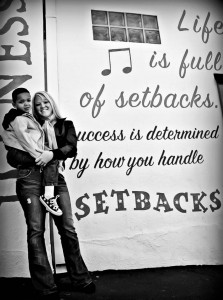 More recently, I had a conversation with a complete stranger that started with him looking at my son and the first words out of his mouth were, “My sister just adopted two Hispanic children.” I was completely thrown off because, in my mind, it was a random comment. It took me a second to realize he was referring to my son as being adopted. After correcting him, he proceeded to insert his foot into his mouth by stating why he would not date outside his race because it would be hard on the kids. My best approach to adversity is to educate in the most assertive way possible. I asked this gentleman if he would please send me some research that would indicate bi-racial children were picked on more than “pure race” children. I did not fail to acknowledge that racism still exists, but wanted to assure him that I have yet to meet someone who was not picked on as a child. Unfortunately, bullying does not discriminate between gender, race, sexuality, appearance, weight, socioeconomic status, etc. Furthermore, I shared that fear is what fuels ignorance and perpetuates the very problem he is attempting to avoid by only dating, in his case, white women.
More recently, I had a conversation with a complete stranger that started with him looking at my son and the first words out of his mouth were, “My sister just adopted two Hispanic children.” I was completely thrown off because, in my mind, it was a random comment. It took me a second to realize he was referring to my son as being adopted. After correcting him, he proceeded to insert his foot into his mouth by stating why he would not date outside his race because it would be hard on the kids. My best approach to adversity is to educate in the most assertive way possible. I asked this gentleman if he would please send me some research that would indicate bi-racial children were picked on more than “pure race” children. I did not fail to acknowledge that racism still exists, but wanted to assure him that I have yet to meet someone who was not picked on as a child. Unfortunately, bullying does not discriminate between gender, race, sexuality, appearance, weight, socioeconomic status, etc. Furthermore, I shared that fear is what fuels ignorance and perpetuates the very problem he is attempting to avoid by only dating, in his case, white women.
It is easy for me to say that nothing bothers me, that every man I date will be unaffected by my child’s ethnicity, that no one will make fun of my son, that everyone will see my son as mine, that no one looks twice at me and my son because we look “normal”, and that I no longer have to explain the amazing mystery of genetics. The fact is, I am bothered and wish that people would come to me and ask me directly about my family in order to educate themselves and become more open-minded. Only then will my son and I look “normal” someday. But what is normal anyway? I am so glad that today, “normal” exists is so many forms.
We all choose our own path in life. Some choose the road more traveled and accepted by the majority, and some choose the road less traveled; all in the pursuit of happiness. Curiosity is only human, but how we express that curiosity in unfamiliar situations could use some refining. I cannot run away from my appearance and I do not want my son to either. Rather, I choose to address curiosity head on. So the next time you see me and Isaiah, or any other non-traditional family, strike up a conversation with an open mind.
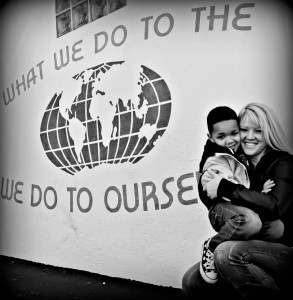 Brook Bonnema is a forensic rehabilitation specialist in Austin, Texas. She received her bachelor’s degree from The University of Texas in child development and her master’s in counseling psychology from The University of Minnesota. She is also a certified paralegal and works part-time for the McCoy & Huie Law Firm. Her therapeutic specializations include attachment relationships, domestic violence, mental illness, substance abuse, interpersonal relationships, and criminology. She has a passion for outreach and education, especially in the areas of cultural competency. Most importantly, she loves raising her son, Isaiah.
Brook Bonnema is a forensic rehabilitation specialist in Austin, Texas. She received her bachelor’s degree from The University of Texas in child development and her master’s in counseling psychology from The University of Minnesota. She is also a certified paralegal and works part-time for the McCoy & Huie Law Firm. Her therapeutic specializations include attachment relationships, domestic violence, mental illness, substance abuse, interpersonal relationships, and criminology. She has a passion for outreach and education, especially in the areas of cultural competency. Most importantly, she loves raising her son, Isaiah.


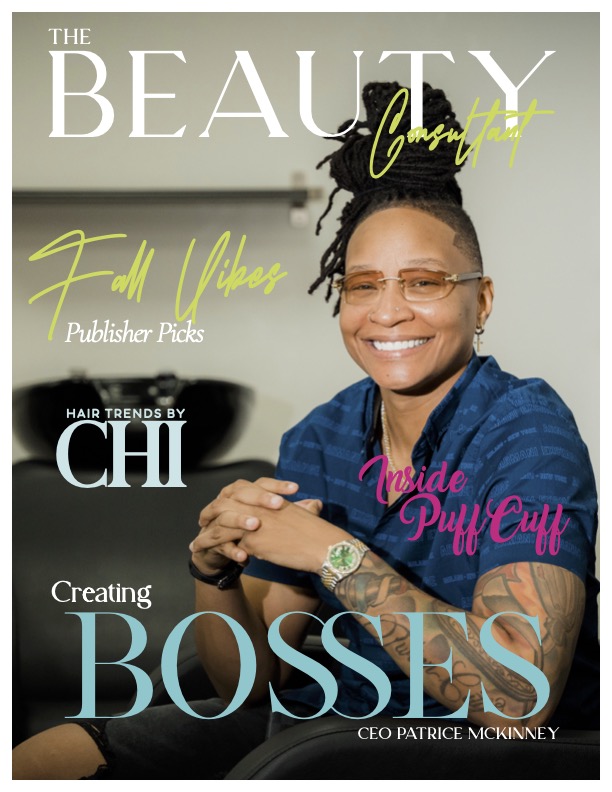
3 Comments